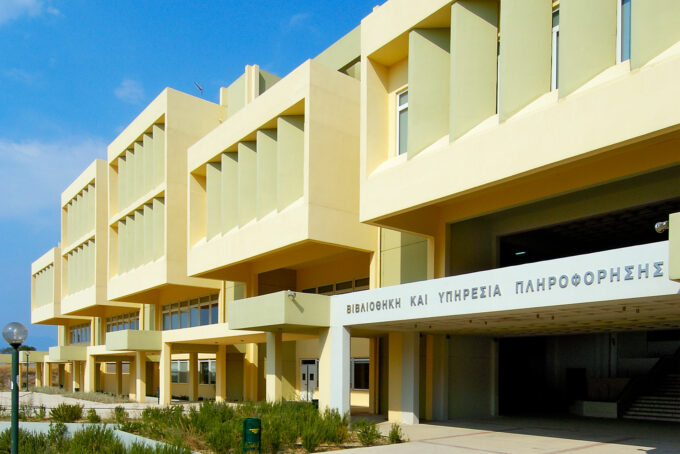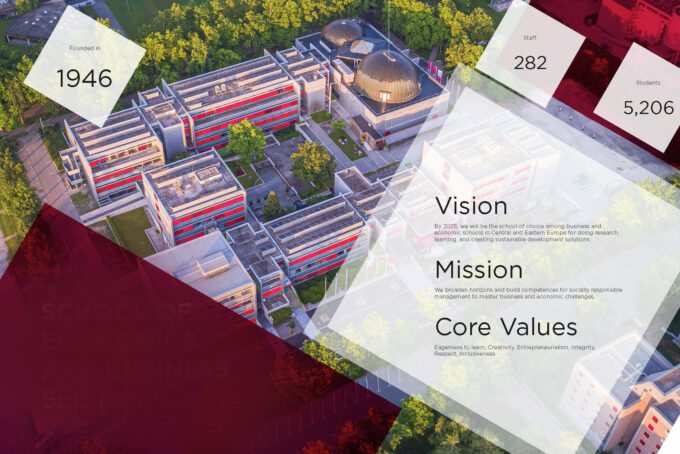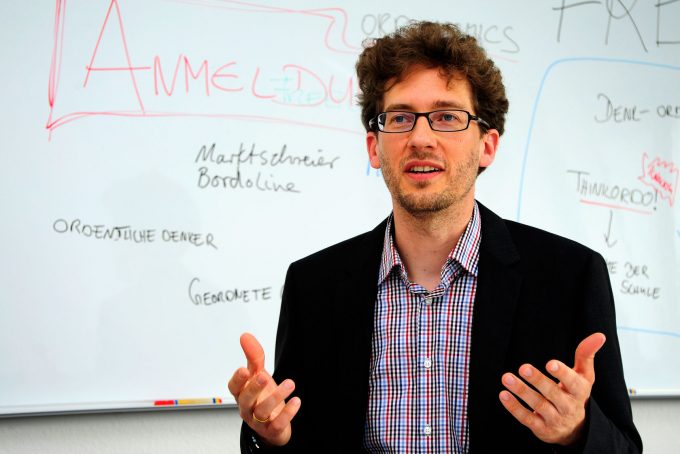
Fostering Open Science in European Countries: The Crucial Role of Libraries
Implementing open science requires systemic change and can be supported by national open science agendas. The report of the mutual learning exercise “Open Science: Altmetrics and Rewards” gives an overview of the very different starting conditions for open science in European countries and shows that libraries play a crucial role in fostering it.
by Birgit Fingerle and Dr Willi Scholz
The report „Mutual Learning Exercise – Open Science: Altmetrics and Rewards” was published at the end of April. Over the course of one year, participating countries got together to learn from one another, to explore the best ways to face the challenges identified and find ways to support the implementation of policy instruments to foster open science.
The call for interest for this Mutual Learning Exercise (MLE) brought together 13 countries, Armenia, Austria, Belgium, Bulgaria, Croatia, France, Latvia, Lithuania, Moldova, Portugal, Slovenia, Sweden and Switzerland, focusing on three topics:
- Potential of altmetrics
- Incentives and rewards for researchers to engage in open science activities
- Guidelines for developing and implementing national policies for open science
The report shows that each country has quite different starting conditions. Because of this diversity it seems to be necessary to work with modular approaches for open science fitting national contexts and research cultures . The report also contains a broad overview of open science activities in Europe and shows that libraries often play a vital role.
Lessons learned in the mutual learning exercise
As stated in the report, the MLE participants agreed that implementing open science requires systemic and comprehensive change in science governance and evaluation, especially in the incentives and reward systems. At the moment, it mainly rewards quantity, speed and patentability. Altmetrics do have the potential to foster such a change as they can incorporate a wider view on what “impact” is and how it is created. Thereby, altmetrics can help to break away from traditional citation-based indicators. On the other hand, several substantive questions remain to be answered concerning the use of altmetrics.
Currently, only a few types of incentives and rewards for open science are being implemented in those European countries. In addition, the participants identified the need to develop different incentives for different stakeholders. Since support and evaluation structures make it difficult for researchers to adopt open science practices, a broad institutional shift is needed. It should include radical shifts in hiring and promotion procedures.
So far, most funders have focused on the implementation of open access, especially on open access archiving. In the UK, the Netherlands and Moldova for example, open archiving has become compulsory for publications wishing to be counted as part of governmental assessment exercises, leading to most universities developing in-house archival services. Meanwhile, the majority of European funders have been more reluctant to mandate open access publishing. This situation can be partly explained by unresolved issues around its costs and by ongoing disputes with publishers and other stakeholders.
Commission’s call for action – national agendas on open science
There was considerable consensus among the participants that national agendas on open science are crucial to the development and coordination of strategies for implementation by funding agencies, research institutions, learned societies and publishers. This is particularly the case for countries where the state plays a significant role in the governance of research institutions, such as, for instance, Croatia, Latvia, Slovenia, Moldova and Italy.
In highly federated countries, research institutions tend to have a higher degree of autonomy with respect to central government, and are thus playing an important role in promoting open science developments at the national level. But even in those countries (for instance Sweden and the Netherlands), as well as in rather decentralized, bottom-up systems like in Switzerland, the presence of a national agenda facilitates coordination among stakeholders.
The findings of the report correspond well with the Commission Recommendation on access to and preservation of scientific information that was published the same day.
Thereby, the Commission tries to set the agenda such that the different member states draft some first national open science agendas within the next 18 months. Including more details on how to enrich research and career evaluation systems through the introduction of additional indicators and metrics that can inform assessment on openness, including but not only on the broader social impact of research and at the individual level of a researcher.
The crucial role of libraries
The report also shows that libraries play an important role in fostering open science and in developing national open science agendas in several European countries. Here are some examples cited in the report.
Austria
In Austria, the Federal Ministry of Science, Research and Economy (BMWFW) has promoted the initiative “Austrian Transition to Open Access – AT2OA” by funding 21 universities to work together towards formulating a national open access strategy.
The Austrian Academic Library Consortium (KEMÖ) and the Austrian Science Fund (FWF) have been pioneering actors in negotiating open access contracts with publishing houses, and just recently, the first contract worldwide was signed making all costs, conditions and services fully transparent. The Austrian Science Fund (FWF) has a mandatory open access policy for publications, which also includes monographs, which is among of the most effective policies of funding agencies worldwide.
Belgium
In Belgium, there is a federal open science mandate coordinated by the Belgian Science Policy Office (BELSPO). This is limited, however, to the federally governed research institutes. Universities and various other research institutes are governed at the regional level and not implied in the federal policy. A National Open Access Desk (NOAD) service has been set up at the University of Ghent’s library.
Latvia
The Library of the University of Latvia has started to promote and support the open access movement in Latvia. The library has also started to distribute information about open access to the academic and research community. It has become one of the main information centres and leaders in promoting and support of open access initiatives in Latvia and encourages other academic institutions to participate in open access activities.
Sweden
Sweden is now in the process of finalising its national open science agenda. The National Library of Sweden and the Swedish Research Council have received a government assignment to nationally coordinate open access in publications and research data. The National Library of Sweden has been the driver for the implementation of open access in Sweden since 2006. With this new national coordination task, the National Library, via an advisory group, has appointed a number of working groups assigned to further investigate the problems and obstacles identified in the proposal for national guidelines. The goal is to submit recommendations to the advisory group and the National Library, which will then make recommendations to the government.
Switzerland
In Switzerland the federal government simply mandated that Swiss universities develop a national open access strategy in collaboration with the Swiss National Science Foundation SNF. The SNF is also playing a leading role by fostering debate around open access and open data, not least by supporting the development of the National Open Access Strategy and mandating data management plans (DMPs) for all projects funded from October 2017 onwards.
View Comments

European Open Science Cloud: How Libraries can Spring Into Action
The development of the European Open Science Cloud (EOSC) has begun. But how can...



